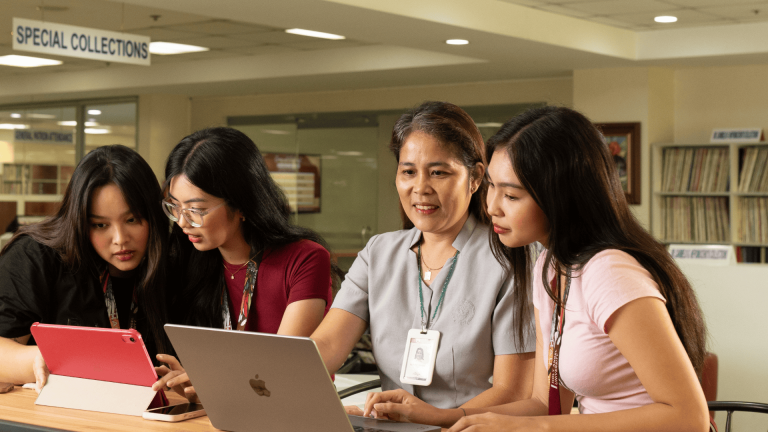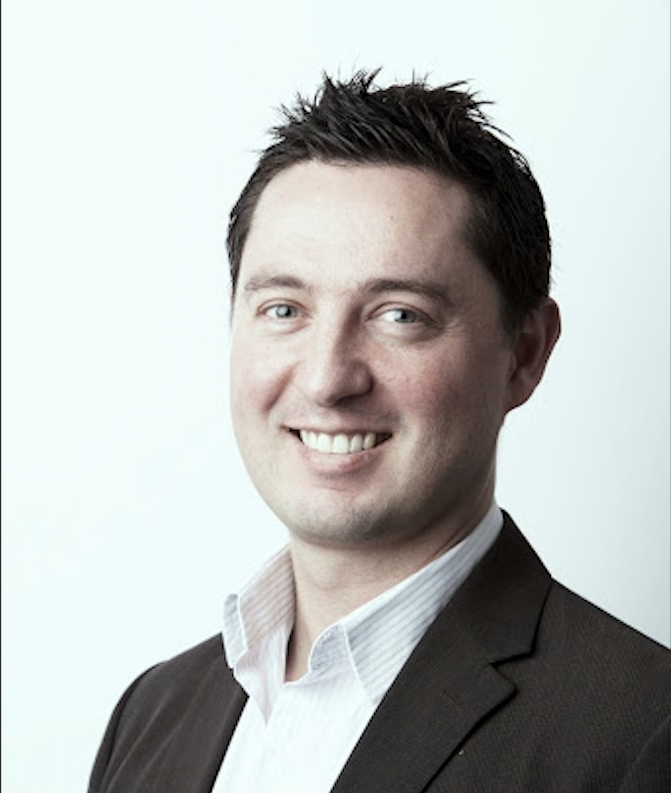
No doubt about it, these are trying times – it’s tempting to run away and hide under a rock somewhere until it all blows over. Of course, that approach might not deliver an optimal result, but nonetheless, it can all be rather worrying.
But most problems seem less insurmountable when put in perspective, and besides, there are few things quite so uplifting as hearing about how other people address their own pressing issues. So here are a few examples of educational conundrums from around the world, for distraction, reassurance and possibly inspiration.
Bugged by insufficient funds
Did you know, 20% of state school teachers in the UK spend their own money on basic classroom supplies? In Australia, that figure jumps to around 90% of public school teachers, and there are similar stories from around the world. There are things to be done, of course - school fetes and other fundraisers can garner some money. But for a here-and-right-now teacher like Andy Yung, who works with early learning students in New York, this isn’t enough. He has become something of an expert at crowdsourcing funds for his teaching projects and has used a US website dedicated to teachers seeking funding for educational projects. He put together an eloquent case for almost US$3,000 to pay for “insect catchers, viewers, books and acrylic blocks to get a better understanding of bugs”. Donations flowed in, and the project was fully funded. But then, as is so often the case, the project grew beyond initial parameters, and Mr Yung felt compelled to spend some of his own money on additional books, an ant farm and some caterpillars, because “I don’t want to deprive my kids of this awesome experience of witnessing a caterpillar turn into a butterfly and watching ants burrow”. Quite so, Mr Yung. Respect.
Getting from A to B for the ABCs
Mickah Claron attends Far Eastern University, and like many students in the Philippines, lives at home with her family. Both home and school are in Manila, a city of 14 million people, which makes it a place bigger, more densely populated and arguably more exciting than either Los Angeles or London, but without so many eight-lane freeways or the huge underground network. Mickah spends between three and four hours a day commuting to and from university – a substantial chunk of the allocation for study, sleep, procrastination and all the other things any campus-dwelling student could think of to do with that time. Her solution is to fiddle with her smartphone while she’s travelling, just like everyone else. Except she’s using the Canvas Student App to read, learn and interact with teachers and fellow students and make sure she’s ahead of the game. See her explain in her own words here.
From boardroom to classroom
There are lots of stories of one-time teachers who became very successful doing something else. Jack Ma, founder of Alibaba, was once a university lecturer. J. K. Rowling once taught English in Portugal. Stephen King, Barack Obama, Hilary Clinton, Sting, Hugh Jackman – they all spent time teaching before becoming household names.
But occasionally, it seems, there are household names who become teachers. Lucy Kellaway enjoyed a hugely successful career as an author and journalist for the Financial Times and attained celebrity status for her dry and bitingly humorous columns and broadcasts on the more ridiculous aspects of workplace life. In 2016, however, alarmed by diminishing numbers of recruits to the teaching profession, she announced she was leaving the FT to train as a teacher. At the same time, mindful of the large cohort of mature business leaders within her long-established network, she founded Now Teach. This organisation is designed to encourage and empower former professionals to pass on the benefit of their experience by embarking on a second career as school teachers. Now Teach is still going strong – last year 85 new teachers were recruited, representing an extraordinary 1,800 years of experience across more than 25 industries. Interestingly, a frequent observation from these former 80-hour-week experts, entrepreneurs and boardroom battlers is that their new jobs take up so much time…
No video-call fatigue here
When COVID-19 approached Uganda, the nation went into lockdown, and schools and businesses were closed. When Australia did the same thing, we scrambled to deliver lessons online, and with internet penetration approaching 90% of the population, we were able to offer remote education to the vast majority of students. Just under half of Ugandans have internet access, so the same tactic wasn’t viable there. Instead, authorities took advantage of around 30 free-to-air TV stations to broadcast school lessons. But this wasn’t enough – in some areas, poverty and unreliable or non-existent electrical supply mean that televisions might be shared by multiple households or are simply unavailable. So Uganda looked to another medium and broadcast lessons on -the radio. With most households having access to a battery-powered radio, the majority of school-age students can access lessons in some form. Of course, this isn’t necessarily a perfect solution, but it possibly has some hidden advantages – not every Ugandan child can afford to go to school, and radio lessons are effectively free – perhaps this may provide stimulus to maintain the radio initiative after restrictions are eased. Read more on this page.
Opening doors
In 1996 George Dawson learned to read in Dallas, Texas. Nothing particularly remarkable about that, except that he was 98 years old. In fact, among later-life readers, Mr Dawson could be considered a bit of a youngster – the oldest person to learn to read in the USA was reportedly Mary Walker, a woman born a slave in 1848, who was 116 when she enrolled in the Chattanooga Area Literacy Movement in Tennessee.
Hearing such stories (and there are many), a couple of things come to mind: How did these people feel, after a long and full life, when that door to reading was finally opened – satisfied, liberated, or maybe even full of wonder? One might also ponder a little on the whole purpose of education; rather than reducing it to a means of workplace preparedness or economic advantage, stories like this make it hard not to consider whether education is more simply about further enriching the human condition?
For those interested, the newly literate George Dawson co-authored his autobiography, which reads like a handbook on overcoming adversity through the application of unflinching optimism – possibly apt for our own times.
Don’t worry. Keep learning.
Related Content
 new_and_next_apac_june_2025.png
new_and_next_apac_june_2025.pngBlogs
 meet-canvas-apac-team-christopher.png
meet-canvas-apac-team-christopher.pngBlogs
 philippines_ched_cmo.png
philippines_ched_cmo.pngBlogs
